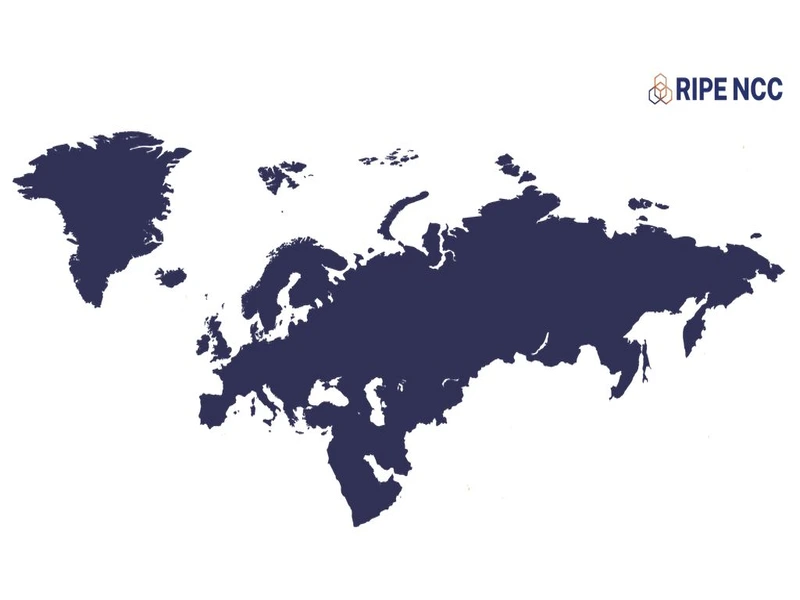- RIPE NCC and Tajikistan agree to improve Internet resilience and build technical skills
- The agreement supports digital cooperation between government, industry, and academic groups
What happened: The RIPE NCC and Tajikistan agree to work on Internet stability, cybersecurity training, and better digital coordination
In Dushanbe, the RIPE NCC signed a formal agreement with Tajikistan’s Industry and New Technologies Ministry. The deal says both groups will work together to make the country’s Internet faster, safer and more stable. They will focus on cybersecurity training, building technical skills, improving Internet systems and creating stronger local partnerships. Overall, they want to speed up Tajikistans digital growth and boost everyday Internet performance for citizens and businesses.
The RIPE NCC says it will offer hands-on classes, run workshops and help organise events for local engineers. It will team up with universities, Internet service providers and private start-ups alike. Hans Petter Holen, the groupsg Managing Director, stressed the organisations wider goal of backing Central Asiancountries on their digital journey. Tajik officials added that the partnership will sharpen the nations technical skills and lay the groundwork for sustained Internet progress. The memorandum was signed during a government meeting on digital issues that also covered national Internet policy and global best practices.
Also Read: RIPE defends role after Montenegrin regulator raises concerns
Also Read: RIPE NCC signs agreement with Czech regulator to boost regional cooperation
Why this is important
Tajikistan has problems with weak Internet systems and not enough technical skills. The country wants to make its Internet work better. RIPE NCC manages IP address use and helps Internet growth in Europe, the Middle East and Central Asia. It has the tools and knowledge that Tajikistan needs. The agreement can help the country build better networks and protect its systems from online attacks.
RIPE NCC signed deals with Kazakhstan and Uzbekistan too. These deals show that many Central Asian countries want help to grow their digital systems. They want to take part in global Internet talks. Governments now care more about online safety and strong Internet connections. These things are important for schools, businesses and public services. The agreement between RIPE NCC and Tajikistan will support work in these areas. It may help the country move faster with its digital plans and improve how the Internet works.

